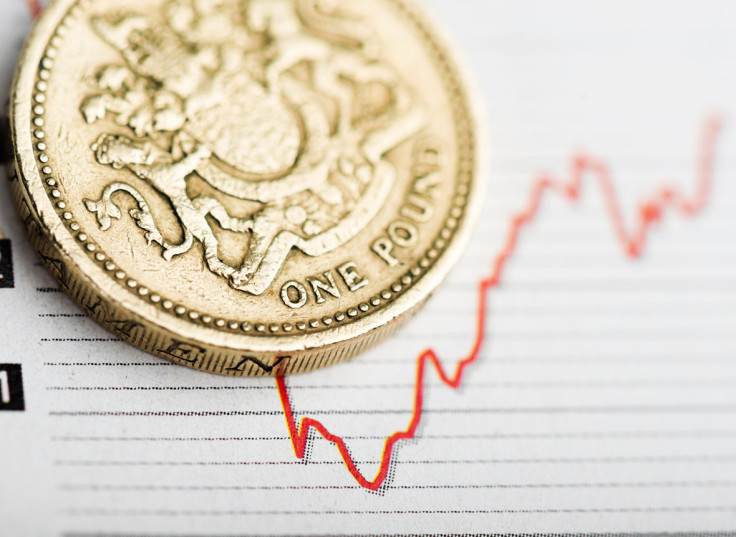FX Focus: Pound extends losses amid manufacturing sector slowdown
South African rand plunges more than 1.5% against the dollar, after S&P slashes country's credit rating.

The pound slid on Tuesday (4 April) after a report showed Britain's construction sector recorded an unexpected slowdown last month.
Shortly after noon, sterling was down 0.34% and 0.10% against the dollar and euro respectively, trading at $1.2444 and €1.1692.
A report released earlier showed the closely watched Markit/CIPS Construction Purchasing Managers' Index (PMI) fell to 52.2 from 52.5 in February.
Economists had expected the figure to hold steady at 52.5, the rate was also the joint slowest rate of growth since a recent pick-up for the sector began in September following last summer's Brexit vote.
"While not as much a disappointment as yesterday's manufacturing PMI, Tuesday's construction reading nevertheless underperformed analysts' expectations," said Spreadex analyst Connor Campbell.
"That's another piece of evidence to suggest that the UK economy is beginning to falter after the solidity of the fourth quarter of 2016 and the first quarter of 2017, with the country's ever increasing inflation one of the major issues."
Meanwhile, the South African rand extended its losses, tumbling 1.5% against the US dollar after Standard & Poor's slashed South Africa's credit rating into "Junk" status, from BBB- to BB+, with a negative outlook.
The ratings agency warned "the likelihood that economic growth and fiscal outcomes could suffer" was higher, after President Jacob Zuma announced a major cabinet reshuffle with 20 new appointments last week.
The rand plummeted 5% last week following Zuma's move and FXTM strategist Hussein Sayed warned the South African currency could fall even further.
"The elevated political risks after firing the finance minister will continue to be reflected in the country's currency," he said.
"From a fundamental perspective, the rand looks undervalued, but how much lower it might drop in the short run depends on the political developments. A 5-10% fall from current levels is very likely."
Elsewhere, the dollar was on the front foot against its main rivals, with the exception of the yen, which remained higher amid growing geopolitical tension following a bomb attack in St Petersburg.
The greenback tumbled 0.47% against the yen, trading at ¥110.38, but gained 0.12% and 0.23% against the Swiss franc and the euro respectively, exchanging hands at CHF1.0027 and 0.9394 euro cents.
The dollar was also 0.71% and 0.40% higher against its Australian and Canadian counterparts, trading at AUD$1.3243 CAD$1.3435.
© Copyright IBTimes 2024. All rights reserved.






